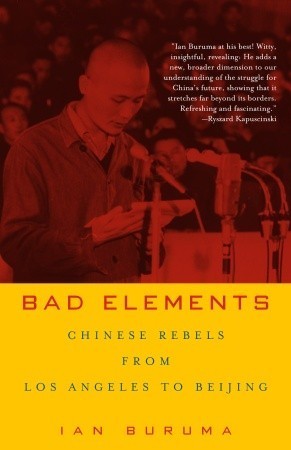What do you think?
Rate this book


400 pages, Paperback
First published January 1, 2001
I believe that Communist Party rule will end in China; sooner or later all dynasties do. But when or how, I cannot say. Will one authoritarian dynasty be replaced, once again, by another, in the name of national unity and superior virtue? Or will the Chinese finally be able to govern themselves in a freer and more open society? The example of Taiwan, whose citizens can now speak freely and elect their own government, shows that it is possible. The example of Singapore, which combines relative economic liberalism with political authoritarianism, points in another, equally plausible, direction.
Being Chinese in Singapore is in any case anything but straightforward. For many people, especially among the lower, commercial classes - hawkers, shopkeepers, artisans, taxi drivers, minor civil servants - it is a matter of food, language, and vaguely remembered customs: burial rites, annual festivals, and family relations. Cultural identity is not something most of them are likely to worry about. They take it for granted. If anyone frets over identity it is the highly educated, English-speaking, westernised elite. It is they who want their children to learn Mandarin, take classes in Confucian ethics, and talk obsessively about being "Asian".
But it was there all the time, hanging in the air of almost encounter I had in Singapore - the fear of authority and the anxiety to appease it.
The pecking order among the exiles revolves around a key phrase: zige, meaning "credentials" or "qualificaations". To be a leader you need zige, indeed more zige than any rival. It is one of the most common phrases of abuse or dismissal: He has no zige to ... speak for the democratic movement or to organise a conference or to lead a party or to testify to a congressional committee. Zige can be earned in various ways and played like a trump card in an elaborate game whose rules are necessarily vague.